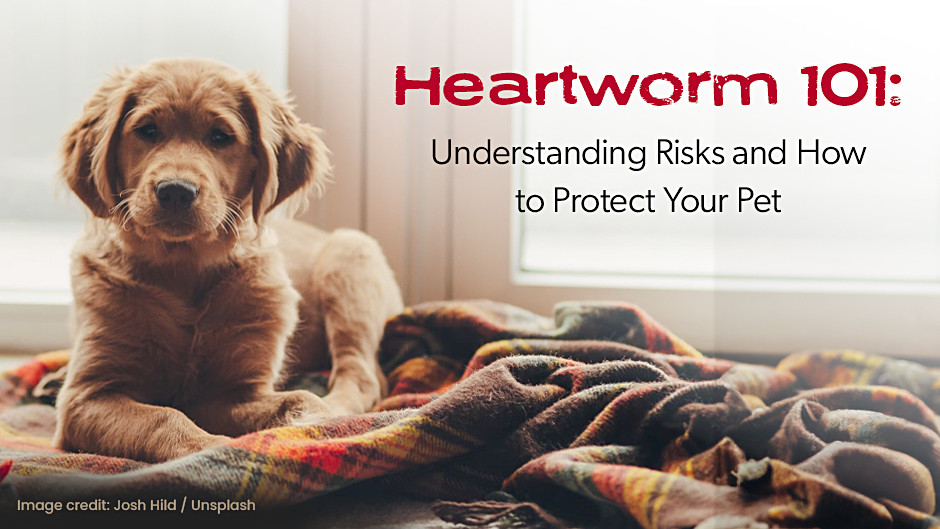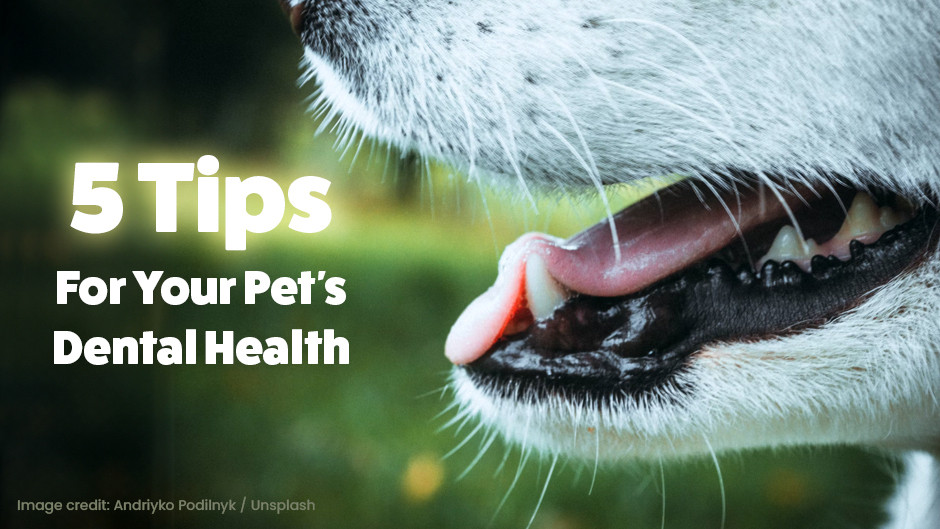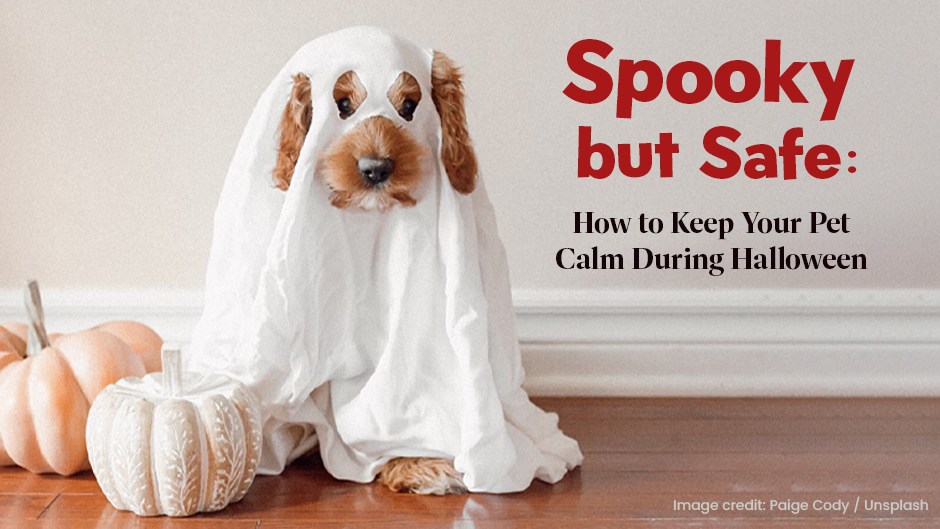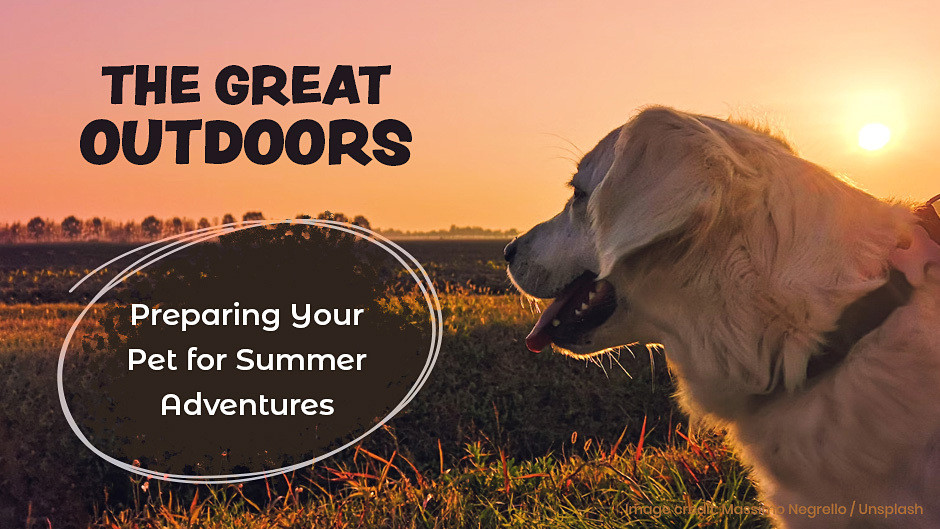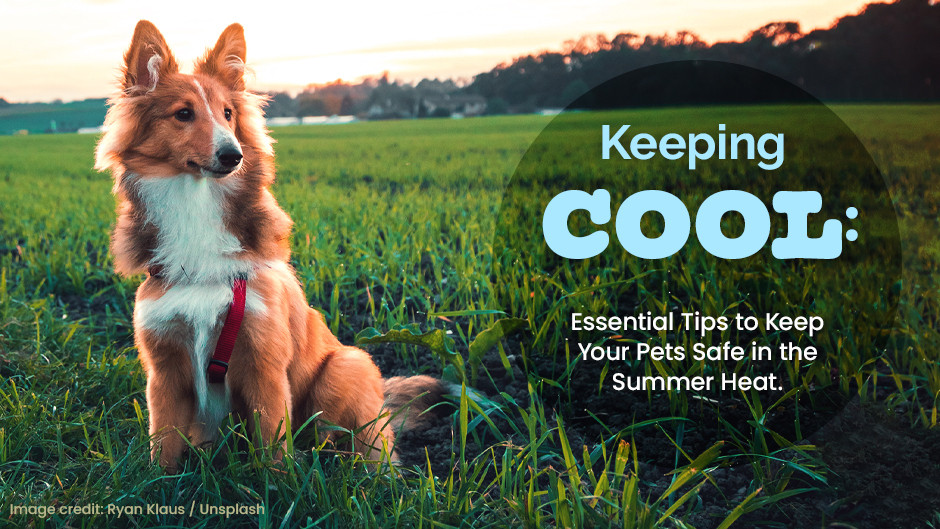Pet Health Articles
May 13 is National Disaster Preparedness Day
2017-05-11
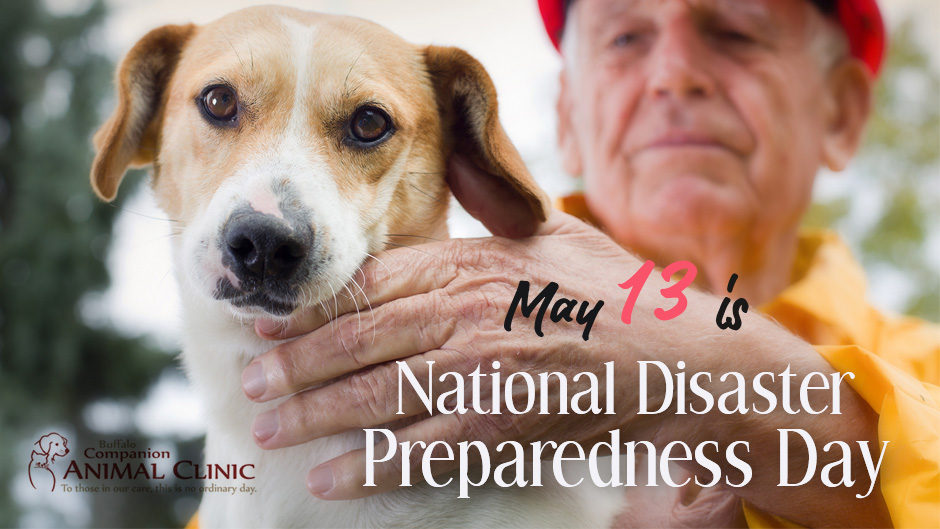
When an emergency strikes, pets like me and my friends depend on our human family to get us out of the house quickly and safely. The situation is stressful for everyone, but you can do it. The tips below will help.
With appreciation,
Carlos
How would you care for your pet in a fire, flood, tornado, blizzard, or other unpredictable event? If you’re like many pet owners, you haven’t given this question much thought. With National Disaster Preparedness Day coming up, we encourage you to consider preparing a disaster kit for your pet. That way you can confidently state what you would do when faced with severe weather or another type of emergency.
What to Include in a Disaster Kit for Your Pet
When a disaster strikes, knowing that you have a kit prepared and stored in a safe place can help keep you calm. According to the Centers for Disease Control, the kit should include the following at a minimum:
What to Include in a Disaster Kit for Your Pet
When a disaster strikes, knowing that you have a kit prepared and stored in a safe place can help keep you calm. According to the Centers for Disease Control, the kit should include the following at a minimum:
- Written details about each pet in the event you become separated. Your notes should include your contact details, any behavior issues, feeding and care instructions, and how to contact your pet’s regular veterinarian.
- Water and food for each pet to last for up to two weeks. Be sure to place the food in an airtight container so it doesn’t spoil and pack a can opener or scoop if you need them to feed your pet. Water should go in an airtight container and be replaced periodically with a fresh supply.
- Bags for dog waste and a litter box for cats
- Cleaning supplies if your pet eliminates inappropriately
- Up-to-date medical records
- Two weeks’ worth of any prescription medications
- Grooming supplies
- Harness, leash, and pet carrier
- Toys and pet beds
Best Practices for Creating Your Pet’s Disaster Plan
It's essential that your dog, cat, or other pet has current identification in the chaos of a sudden emergency. If your pet has a microchip, make sure that you update your contact details any time you move or change your telephone number or email address. Additionally, ensure each pet has an individual carrier with your name and the pet’s name written on it clearly. You may want to consider placing your pet in the carrier and going for a car ride for practice if she doesn’t ride in the car often.
Another recommendation from the CDC is to place a harness or leash near every exit in your home. It may be difficult to hold a pet who is highly stressed, which increases the likelihood of him running off. By having a leash or harness available, you can safely remove your pet from the situation as quickly as possible.
It's essential that your dog, cat, or other pet has current identification in the chaos of a sudden emergency. If your pet has a microchip, make sure that you update your contact details any time you move or change your telephone number or email address. Additionally, ensure each pet has an individual carrier with your name and the pet’s name written on it clearly. You may want to consider placing your pet in the carrier and going for a car ride for practice if she doesn’t ride in the car often.
Another recommendation from the CDC is to place a harness or leash near every exit in your home. It may be difficult to hold a pet who is highly stressed, which increases the likelihood of him running off. By having a leash or harness available, you can safely remove your pet from the situation as quickly as possible.
We recommend that you determine where you will evacuate to before an emergency hits. If the situation doesn’t call for you to leave home, choose one room in your home to wait it out with your pet. Just make sure there are no plants, chemicals, or other things in the room your pet could get into during the chaos. It’s also helpful to prepare a list of pet-friendly hotels, boarding facilities, veterinary clinics, and shelters just in case you do need to evacuate.
Diseases Can Spread Quickly During Natural Disasters
When your pet is exposed to stagnant water, severe weather, wild animals, large groups of people, and other situations common to disasters, she may acquire a contagious virus. Please make sure your dog or cat is up-to-date on vaccinations with Buffalo Companion Animal Hospital. To schedule an appointment or seek help in an emergency, please call us at 763-682-2181.
Diseases Can Spread Quickly During Natural Disasters
When your pet is exposed to stagnant water, severe weather, wild animals, large groups of people, and other situations common to disasters, she may acquire a contagious virus. Please make sure your dog or cat is up-to-date on vaccinations with Buffalo Companion Animal Hospital. To schedule an appointment or seek help in an emergency, please call us at 763-682-2181.





